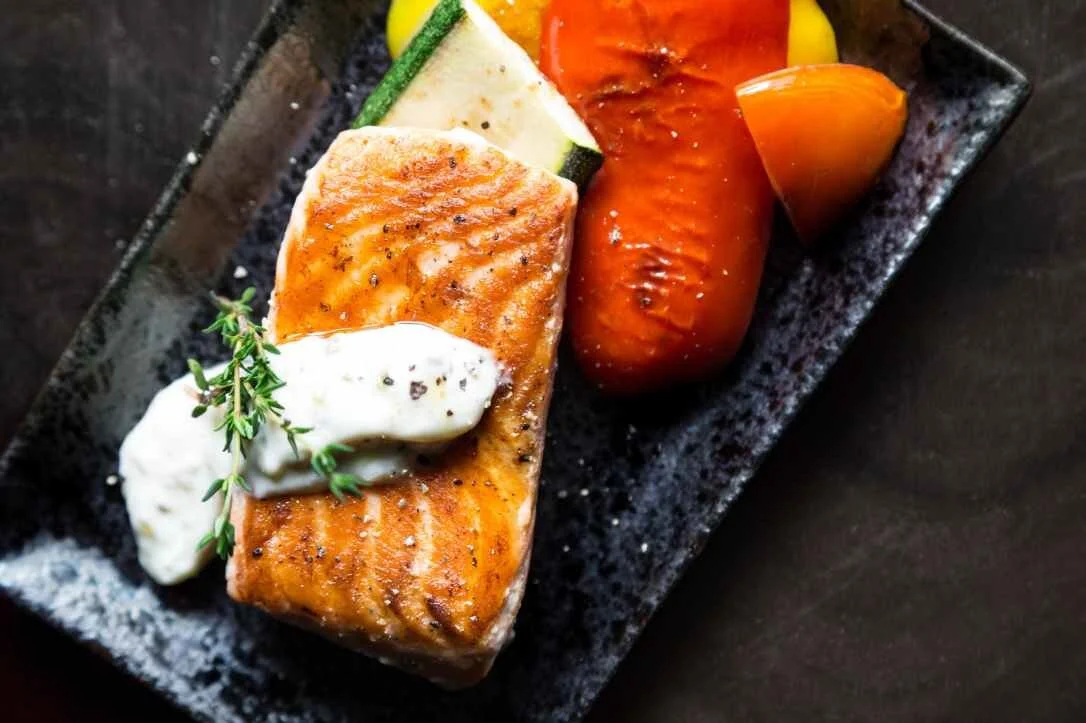Sustainable Seafood
Your Guide To Shopping For Eco-Friendly Fish-Based Meals
By Jane Marsh
People with eco-friendly lifestyles can install solar panels, sell their cars and become vegetarians. However, they might still want to enjoy the occasional seafood dinner. How do you know if your purchases support parts of the fishing industry that follow harmful harvesting practices? Having this information is vital, which is why you need to learn how to shop for sustainable seafood.
These tips will teach you new ways to approach your shopping and dining habits. Once you know what to look for, you can confidently enjoy your favorite dishes without worrying about your planetary impact.
1. Support Local Businesses
Researching local fishing businesses is the first way you can shop for sustainable seafood. Smaller family-owned shops don’t have to contract with other companies and use corporate business practices outlined by their franchise. As a result, they’re more likely to have a minor environmental impact and support green fishing methods because they’re free to run their operations however they prefer.
2. Buy What’s In-Season
Buying fish that are in season also improves your carbon footprint. Otherwise, your purchase supports the same shipping industry that created 1,056 million tons of CO2 in 2018 by transporting goods across oceans.
Look into buying what’s in-season where you live or close to your hometown. You won’t fund an industry that accelerates climate change, and you’ll get better deals on whatever you’re looking for.
3. Find Wild-Caught Fisheries
The United Nations estimates that 3 billion people depend on seafood for their diets. They need the fishing industry to only take what they need without depleting aquatic wildlife. You can help with that by finding wild-caught fisheries that pledge to avoid overharvesting. They’ll only pull from wherever fish are abundant because they’re mindful of maintaining the aquatic population.
4. Check Your Regular Stores
If there aren’t family-run fisheries in your town, you don’t have to check specialty stores to find what you need. Many people believe the only companies that sell sustainably sourced fish are highly priced organic markets, but major bargain brands are catching onto the trend.
More consumers want seafood that’s harvested in ways that don’t hurt wildlife or the planet. Check the stores you regularly shop at, like Walmart or Target, for ethically sourced fish if you don’t have access to small businesses. Research each brand to see which companies have eco-friendly pledges and practices that align with your lifestyle.
5. Avoid Fish Aggregating Device (FAD) Usage
Massive fishing corporations often use fish aggregating devices (FADs) to catch hundreds of fish in a single net. The FAD casts shadows to attract groups, but they result in high levels of bycatch that often nets endangered species.
Sometimes the crews lose nets or parts of them in the ocean as well. They entangle whales and other creatures, leading to injuries and death. Find seafood brands that don’t use FAD equipment or partner with fishing companies that do.
6. Stick With Pole Caught
Canned fish often end up on store shelves because FADs make it easy for companies to capture, process and package the seafood for a bargain. If you find cans that mention pole-caught fish, it means no FAD produced that product.
Pole-caught tuna, salmon and other canned fish are much kinder to the environment. You’re also more likely to eat what’s advertised. There won’t be any different types of fish or endangered species mixed in just because they got caught up in a large net.
Enjoy Shopping for Sustainable Seafood
Now that you know how to shop for sustainable seafood, you can enjoy all of your favorite fish-based meals without worrying about the environment. Sustainable fishing practices and smaller businesses provide eco-friendly seafood that doesn’t harm the planet. You’ll find the best options with a little research into new and preferred brands.







